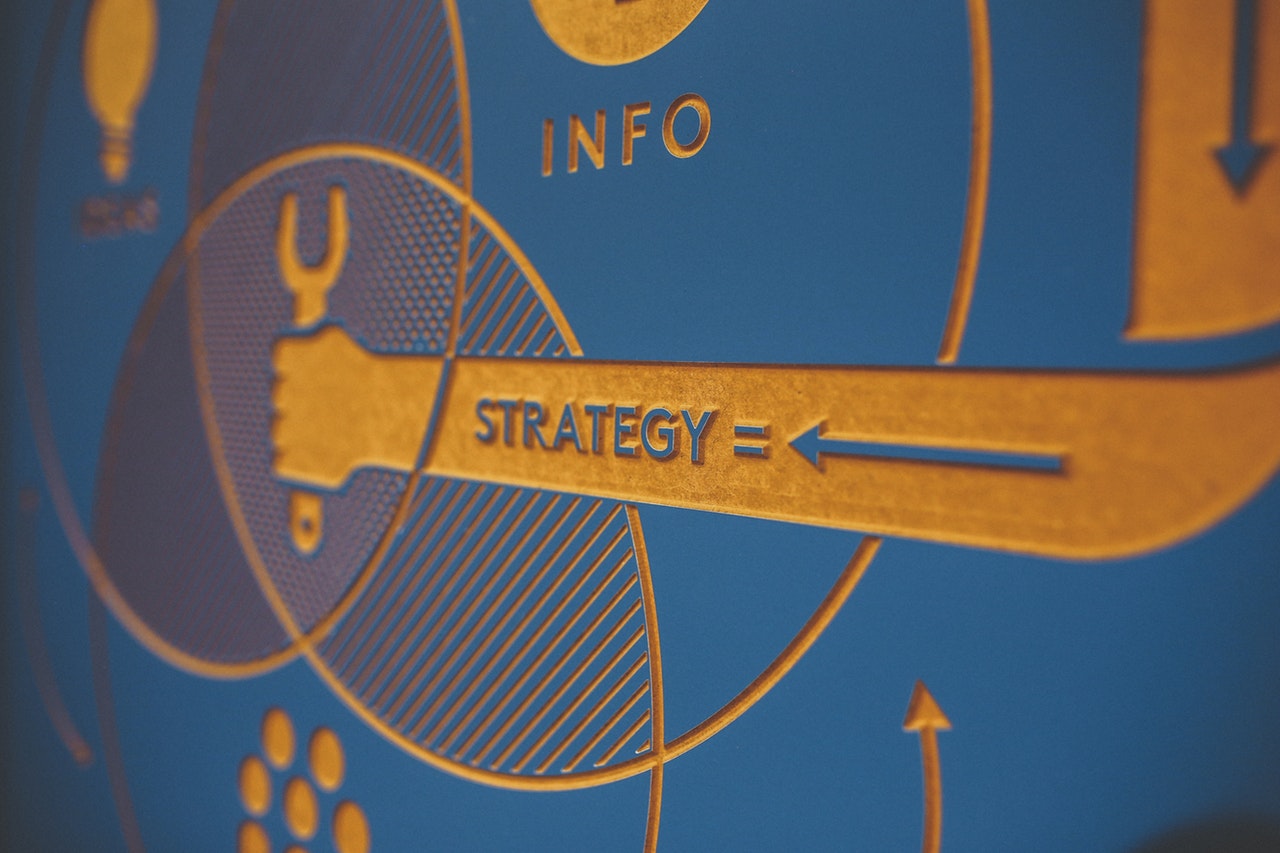508-753-1400
View Blog Posts by Category:
View Blog Posts Tagged with:
Types of Buyers: Strategic Buyer

Perhaps the most unique of the three basic types of business buyers found in the M&A industry is the strategic buyer. This article works to define the strategic buyer as separate from a financial buyer or a PE firm.
The strategic buyer varies from the financial buyer in that the strategic buyer typically manages his or her own business, and is in search of acquisition opportunities that have the potential to improve the standing of his or her existing company. Unlike the financial buyer, the strategic buyer seeks out business ventures that hold value outside of basic capital growth. A strategic buyer pursues businesses complimentary to their existing plans. For example, a strategic buyer may choose to participate in vertical integration by purchasing their manufacturer in order to gain more control over the distribution chain. On the other hand, a strategic buyer may choose to fill a gap in their product line by means of acquiring a business already designed to distribute the specific product. This type of buyer is labeled “strategic” because their M&A deals are done in order to further the strategy of their existing company.
Strategic buyers are known for their tendency to give a higher payout price. This occurs due to a few specific motives. Acquiring a vertical or horizontal target often creates economies of scale that can significantly increase the bottom line for the acquiring party. Unlike the financial buyer, the strategic buyer focuses mainly on the assets that the acquired company can provide to their existing company, rather than concentrating on the monetary value that the business can bring the buyer. A strategic buyer’s investment is more long-term than their financial buyer counterparts, which proves to be another reason for a strategic for the higher sale price offered by a strategic buyer. Strategic buyers often pay more than other types of business buyers also due to the fact that they seek one specific type of business, depending on their industry and objectives. Strategic buyers tend to offer a high price for a business that presents itself as a solution to their current goals. The strategic buyer hopes to acquire intrinsic value aside from strictly capital gains. Oftentimes, potential targets can include the strategic buyer’s competitors. When buying out a competitor, it is often necessary for the buyer to offer a premium payout.
Business owners sometimes prefer to sell to a strategic buyer because they are recognized for being more interested in creating synergies between the two companies in order to facilitate a smooth merger. This concern over business culture often leads the buyer accounting for values of the seller, even after the sale is closed. The strategic buyer typically focuses on what is good for the company overall, rather than merely its monetary gains. Another reason that sellers prefer strategic buyers is that they are comforted by the idea that it is a long-term investment from the buyer, not a strategy to sell off the business within a few years.
One of the downsides of selling to a strategic buyer is that there is frequently a duplication of personnel after a merger, and the buyer may have to lay off unnecessary staff. Therefore, a strategic buyer cannot always guarantee the careers of current employees. Along the same lines, the strategic buyer is also less likely to hire the business owner on a long term basis as a part of the deal. These elements may be seen as downfalls or positives, depending on the seller’s aspirations for the future.
When considering selling your business to a strategic buyer, it is important to weigh the positive and negative elements that are associated with strategic acquisitions. George & Company is happy to assist you in finding the best buyer for your business. Please contact us in complete confidentiality to learn more.
